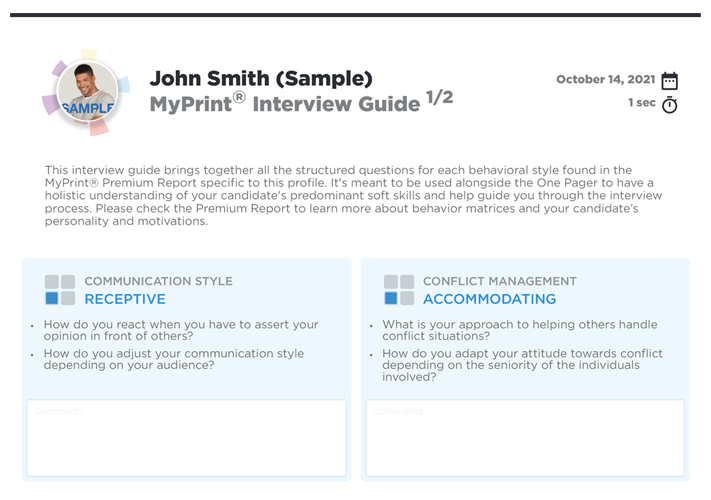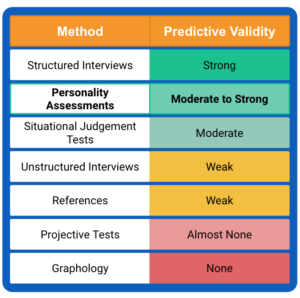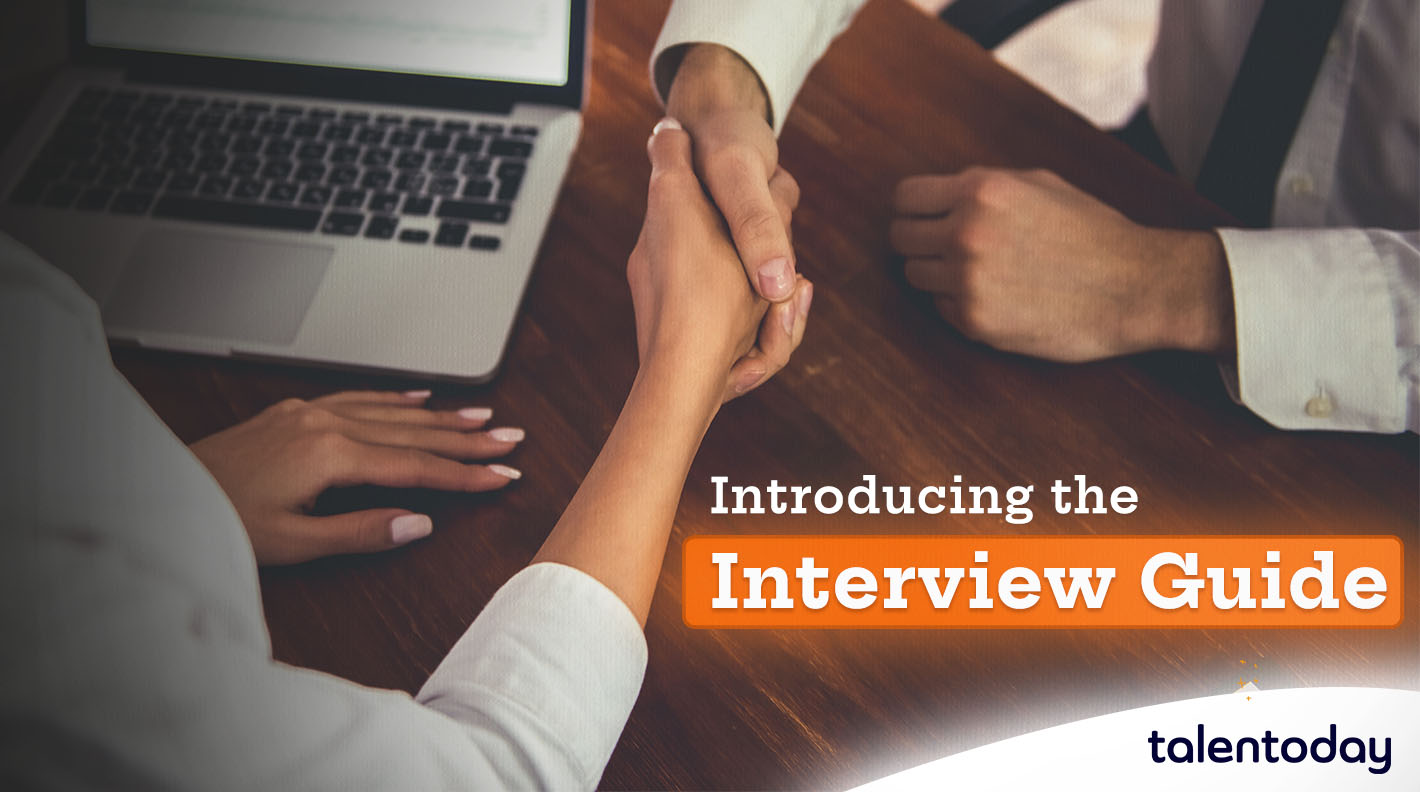How to Cope With Empathy Overload at Work
Do you ever feel like people gravitate towards you to vent? If you hear a coworker telling you about how stressed out they are with their workload, do you offer to lend a hand without considering your own priorities? When making decisions, do you carefully consider the potential impact on others?
If you answered yes to any of these questions, chances are you are a highly empathetic person. The past few months have not been easy for the empaths of the world. Between personal circumstances, situations within your close circle and global events, it is easy to experience empathy overload. It's a condition that can have negative consequences in any setting, especially in the workplace.
Empathy at Work
Every workplace needs empathetic people. In fact, it is often considered one of the most important skills for a successful leader to have. The ability to lead and work with others while anticipating their needs and being aware of their feelings has been shown to have a positive influence on job performance. However, without proper self-care, over reliance on a key soft skill can have negative outcomes.
When empathetic individuals experience a lot of emotional hardships at work, it can lead to burnout. This can come from internalizing the stress of others, having to make important decisions, or even taking on the emotional impact of others’ personal lives. This burnout can lead to a person withdrawing from others, avoiding situations that might create an emotional toll on themselves or even lead to the point of physical distress.
Preventing Empathy Overload
Before getting to the point of empathy overload, take some time to implement some of these preventative measures:
- Practice self-care. Find simple ways to relax and decompress after an overwhelming day. Take a walk, read a book, meditate - find what calms you down and allows you to focus on your own wellbeing.
- Compartmentalize what affects you versus what affects others. It is okay to feel empathy towards others, and it is also okay to take a step back and understand what directly impacts you and what does not.
- Take an objective approach to problems. When making workplace decisions, start by taking an objective look at the facts.
- Be okay with saying no. Empathetic people tend to take on things they cannot handle in order to help others out. It is okay to tell others no sometimes in order to preserve your own energy.
- Communicate your own needs. If you are feeling overwhelmed or burned out, ask for help. Whether this involves pushing back timelines, passing off tasks or taking a day off - let your managers and coworkers know when you need an extra hand.
The World Needs Empathetic People
Feeling like you are overwhelmed by others’ emotions is not a sign of weakness. We need more empathetic people - people who will put the concerns of others first, people who will make others feel seen and heard - in the workplace and in the world. By taking care of yourself and implementing healthy empathy practices, you will be more well-equipped to help others.
Want to learn more about your empathy in a professional context? Take our MyPrint soft skills assessment today at www.talentoday.com.
Ask the Right Questions with Talentoday’s Interview Guide
Resumes are the best tools available to hiring managers for evaluating candidates’ hard skills. However, it’s becoming increasingly clear that the likelihood of success in a job is dependent on more than just technical qualifications alone. In fact, according to a LinkedIn Global Talent Trends report, “89 percent of recruiters say when a hire doesn’t work out, it usually comes down to a lack of soft skills.” That’s why Talentoday has introduced our Interview Guide, a new tool designed to improve the job interview process with a candidate’s soft skills in mind.
Introducing the Talentoday Interview Guide
Talentoday’s Interview Guide is generated based on an individual’s MyPrint results. After a job candidate completes their soft skills assessment, hiring managers can now access sample interview questions based on behavioral work styles, including:

- Learning Style
- Conflict Management
- Communication
- Decision Making
- Work Style
- Leadership Style
- Creativity
- Risk Orientation
- Team Participation
- Change Reaction
- Rule Consciousness
In short, our Interview Guide brings together key structured questions for all of the behavioral styles found in the MyPrint results specific to a candidate's profile in one easy-to-use format.

How to Use the Interview Guide
This guide is meant to be used alongside the MyPrint One Pager report in order to provide holistic understanding of a candidate's predominant soft skills and help to inform the interview process.
The sample questions provided allow hiring managers to go above and beyond the analysis of the soft skills results in order to zero in on behavioral takeaways. They can help interviews to identify the behaviors that are most relevant to the job description, then support the process of asking for relevant and concrete examples from previous professional experiences. The questions generated in the Interview Guide can be used both in behavioral and structured interview designs.
It’s important to note that the results provided for each candidate should not be utilized as a coaching tool; it is not for those being evaluated, but for the evaluator! Whether being used to gain insight during recruiting interviews or to support development during the annual review process, the interview guide acts as a tool to support decision making driven by the science of soft skills.
Ready to Get Started?
If you’re ready to gain a deeper understanding of your job candidates and improve decision making by asking the right questions, click here to learn more about Talentoday’s Interview Guide. Then, experience Talentoday’s people analytics for yourself by signing up for a free trial.



